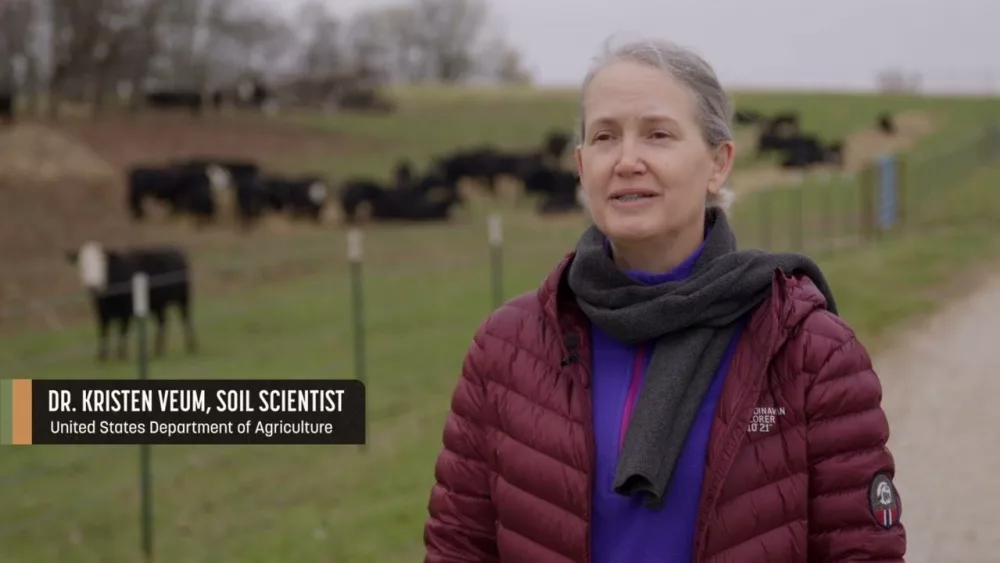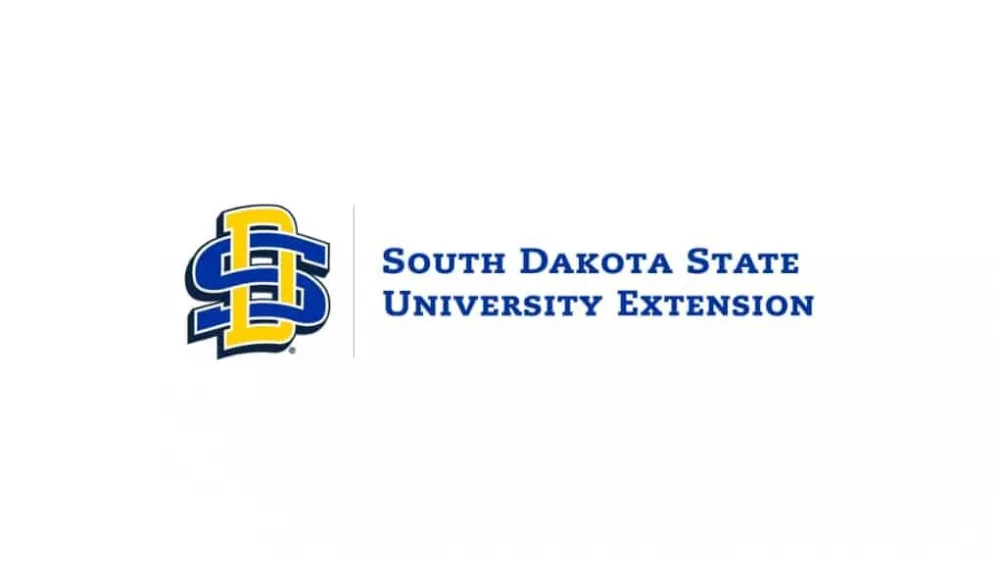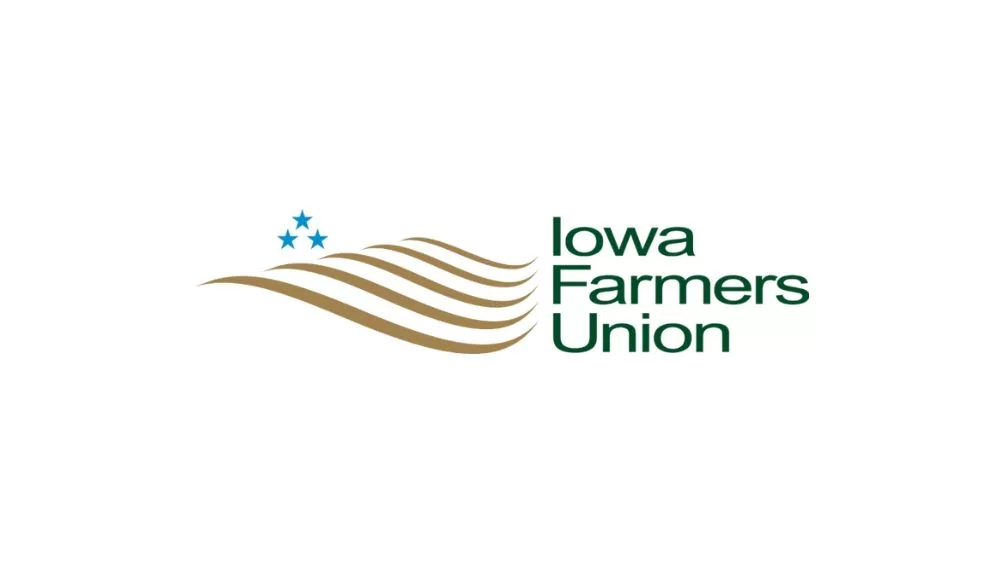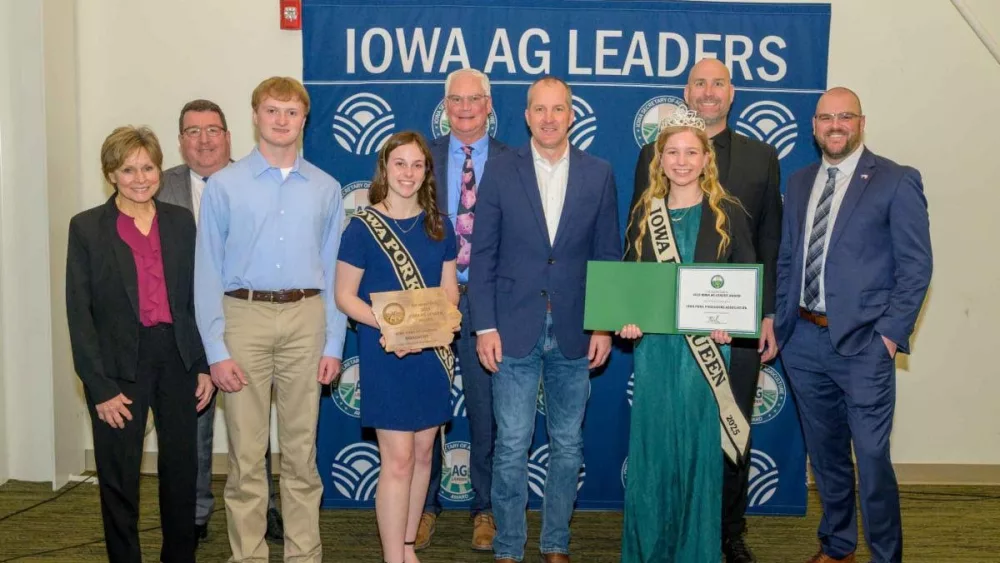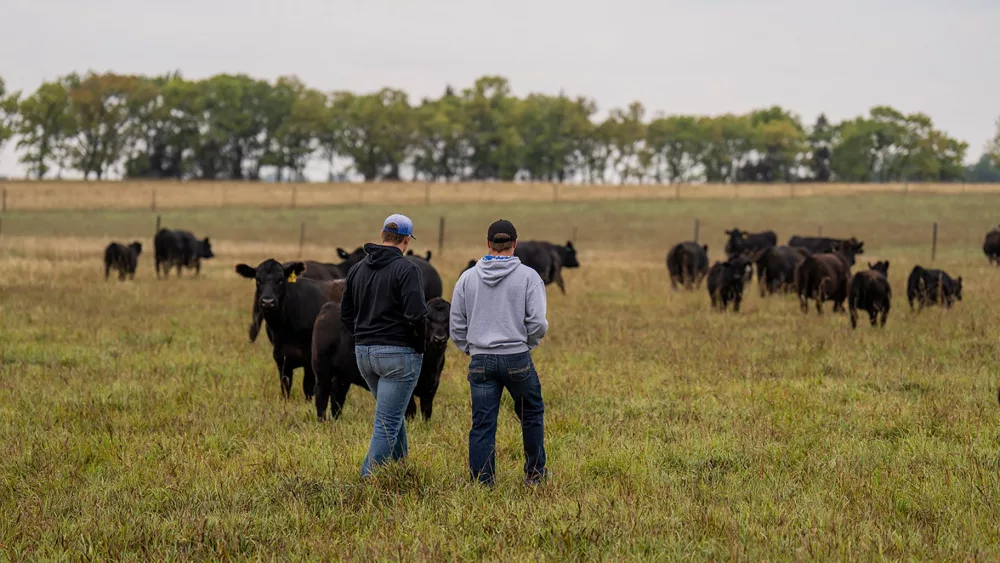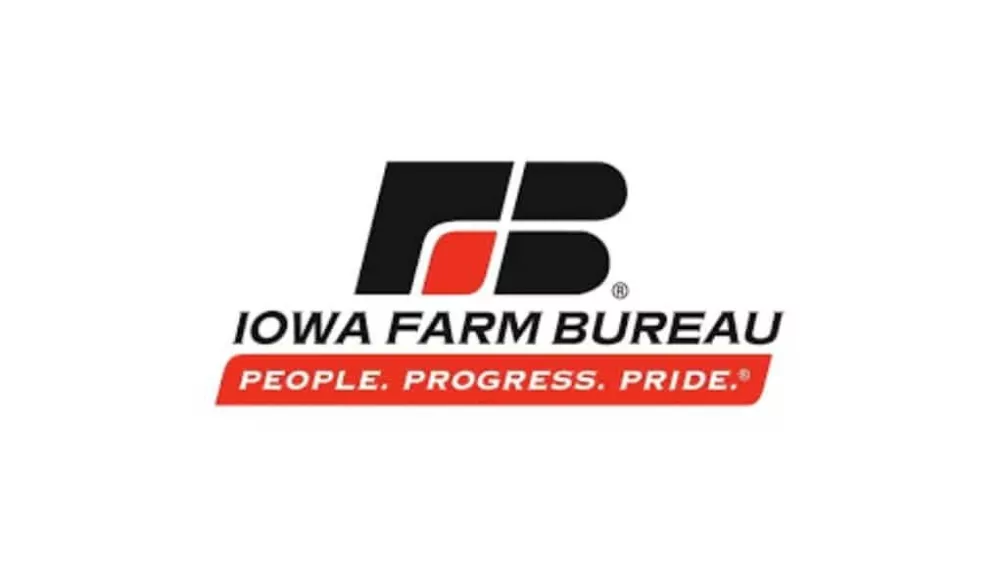BROOKINGS, S.D. – South Dakota State University Extension received $525,000 from the Centers for Disease Control and Prevention (CDC) to expand its work with the five-year High Obesity Program (HOP) into five new South Dakota counties.
SDSU Extension will continue its program efforts in Buffalo and Ziebach counties and expand into Corson, Dewey, Mellette, Oglala Lakota and Todd counties.
Sixteen land grant universities received CDC funding to implement the HOP program. Recipients work in mostly rural counties where 40% or more of adults have obesity.
Lindsay Moore, SDSU Extension Community Health and Obesity Program Director, said the HOP funding will allow SDSU Extension to address health disparities related to poor nutrition, physical activity and obesity.
“We have a great team who has put tremendous work, effort and heart into this. That’s why we have seen the success that we have,” said Moore. “It’s really meaningful for us to continue this work where we’ve already seen success and expand into new counties based on this work.”
Obesity in the United States affects more than 100 million adults (42%) and 14 million children (20%), accounting for approximately $173 billion in annual health care costs. According to local data, 35.4% of all adults are overweight and 29.8% are obese in South Dakota.
The CDC reports that obesity prevalence is higher among American Indians and individuals living in rural and frontier communities than their urban counterparts.
Moore said SDSU Extension will work with communities in all seven counties to assess needs and build capacity based on those needs.
“You have to evaluate the uniqueness of each county – location, population, culture. There is so much to consider,” Moore said. “We hope build capacity within the communities we serve that will support them in making sustainable policy, systemic and environmental changes.”
Proven public health strategies include promoting food service and nutrition guidelines through produce prescription programs, and fruit and vegetable voucher programs like Double Up Dakota Bucks, which doubles the value of Supplemental Nutrition Assistance Program benefits when used on fresh fruits and vegetables.
Highlights of SDSU Extension’s work in Buffalo and Ziebach counties include partnering with local food pantries and helping create wellness coalitions for communities and schools. In Fort Thompson, SDSU Extension supported the development of the Tokata Youth Center, a 7,500-square-foot recreation area and teaching kitchen.
“CDC is excited to announce this new HOP funding to land grant universities in communities with high rates of obesity,” said Terry O’Toole, program development and evaluation branch chief in CDC’s Division of Nutrition, Physical Activity and Obesity. “This funding supports local programs to improve access to fresh, healthy foods and opportunities for physical activity with the goal of reducing chronic diseases.”
For more information, contact Lindsay Moore, SDSU Extension Community Health and Obesity Program Director, at 605-688-4792 or Lindsay.Moore@sdstate.edu.
